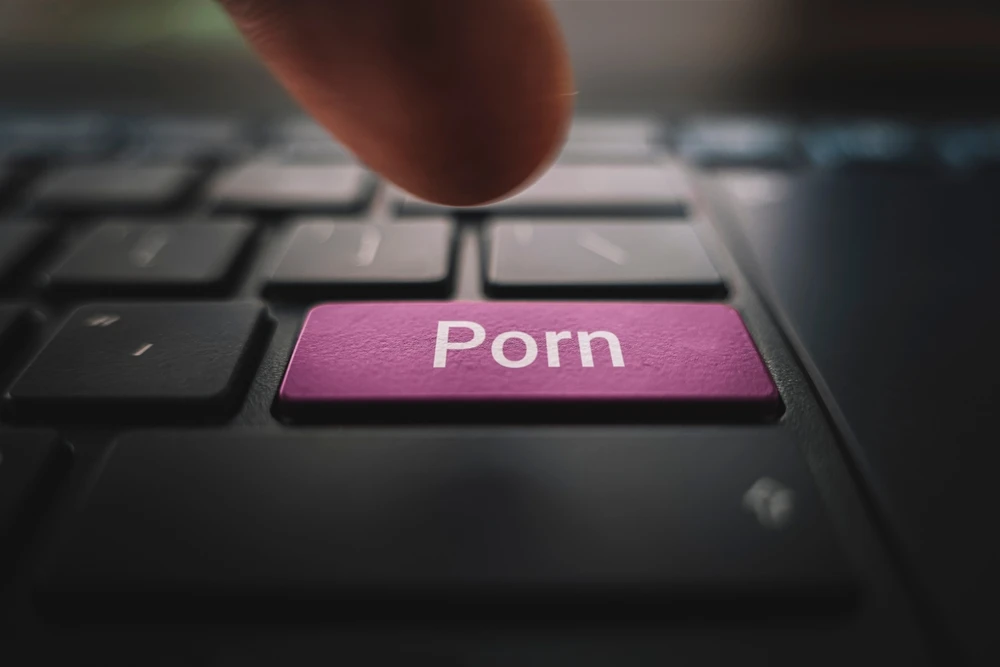U.S. Bishops Tackle Loneliness Epidemic and Deepfake Dilemma in New Guidance
In a landmark move, the U.S. Conference of Catholic Bishops (USCCB) has released comprehensive guidance addressing the interconnected crises of loneliness, pornography, and the ethical challenges posed by deepfake technology. Published this week, the document offers pastoral and practical solutions to combat social fragmentation and digital exploitation in an increasingly tech-driven society.
The Intersection of Technology and Human Dignity
The bishops’ 30-page document, titled “Created in Love: Navigating the Digital Age with Integrity,” highlights how digital advancements have exacerbated societal loneliness while creating new moral dilemmas. Citing a 2023 Cigna Group study revealing 58% of U.S. adults experience loneliness, the guidance frames isolation as both a spiritual and public health crisis.
“Technology can connect us across continents yet leave us emotionally stranded in our own homes,” said Bishop Robert Barron, chair of the USCCB’s Committee on Evangelization. “When combined with exploitative content like deepfake pornography, we’re witnessing an unprecedented assault on human dignity.”
Deepfake Technology: A Growing Ethical Crisis
The guidance dedicates significant attention to AI-generated deepfakes, particularly non-consensual intimate imagery. Research from DeepTrace Labs shows a 550% increase in deepfake pornography since 2019, with women comprising 96% of victims. The bishops warn such content perpetuates objectification while worsening societal detachment.
- Over 100,000 deepfake videos were uploaded to major platforms in 2023 alone
- 70% of Americans lack awareness of deepfake creation tools’ accessibility
- 38 states currently have no laws specifically banning non-consensual deepfakes
Dr. Mary Anne Franks, a cyberlaw expert at the University of Miami, praised the bishops’ stance: “Religious institutions are uniquely positioned to address the moral dimensions of emerging technologies. This guidance could catalyze legislative action.”
Pornography’s Role in Social Fragmentation
The document builds on existing Catholic teachings about pornography while incorporating new neurological research. A 2022 Cambridge University study found frequent pornography use correlates with:
- 300% higher likelihood of reporting loneliness
- Reduced gray matter in brain regions governing empathy
- 68% greater incidence of depression symptoms
“We’re not simply condemning behavior,” explained Archbishop Timothy Broglio, USCCB president. “We’re highlighting how certain digital habits actually prevent the authentic human connection people desperately seek.”
Pastoral Solutions for a Digital Age
The guidance proposes concrete responses for dioceses and parishes:
- Establishing “Digital Discernment” small groups to discuss healthy tech use
- Training clergy to address technology-related issues in counseling
- Partnering with organizations like Fight the New Drug for youth education
- Advocating for stricter deepfake legislation at state and federal levels
Critics argue the document overemphasizes individual responsibility. “While valuable, this guidance needs stronger calls for corporate accountability from tech platforms,” said Dr. Lara Schwartz, director of American University’s Project on Civil Discourse.
The Path Forward: Technology and Community
The bishops conclude by reframing technology as a potential tool for connection when used ethically. They point to successful parish-based initiatives like “Screen Fast, Connect More” challenges that have boosted in-person participation by 40% in pilot dioceses.
Looking ahead, the USCCB plans to:
- Develop age-specific curricula on digital integrity by 2025
- Host a 2024 symposium with tech ethicists and neuroscientists
- Create grant programs for community-building alternatives to digital entertainment
As society grapples with these complex issues, the bishops’ guidance offers both warning and hope. “The same tools dividing us can be redeemed to serve authentic human flourishing,” the document concludes, inviting all people of goodwill to join in creating a more connected world.
Call to Action: Readers concerned about these issues can access the full document at www.usccb.org/digitaldignity or contact their representatives about pending deepfake legislation in their state.
See more WebMD Network



